IMDb runtime is 1 interminable hour and 14 elastic minutes that stretched and stretched, rated a generous 3.9 by 980 spaced out viewers.
Genre: Sy Fy, Boredom
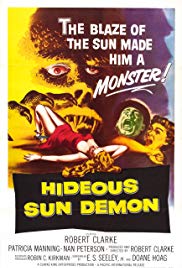
Verdict: Why did I do it?
Robert Clarke’s allergy to shirts continues in this exercise. Playing (off camera) with atoms he exposes himself (see reference previously to no-shirt) to radiation and is rushed (ever so slowly) to a hospital where he seems….. like Robert Clarke, i.e., shirt on, shirt off.
It is quickly discovered that if he is exposed to sunlight from the big nuclear reactor in the sky (N.B. as soon as Greens figure out it is a nuclear reactor, they will want to close it down), he gets all rubber lizard-suited in the tradition of cheapie Roger Corman movies. He goes all nasty, ripping, tearing, chasing, killing, devouring, all within the Hollywood code. (The only Hollywood monster permitted beyond the code was HUAC.) This is not something he likes but he has no control once he is sun burned. Sort of like the fraternity brothers after the second keg.
The reptilian Clarke is an instance of reverse evolution, explains one doctor (ever so slowly for those taking notes). HE MUST AVOID SUNLIGHT AT ALL COSTS.
Guess what comes next! He gets sunlit and goes all reptilian like a Senate Republican leaders.
Not even the Hollywood police, who have seen it all, they thought, can ignore this. Off they go in a chase that goes on, and on, and on, and on. He is an incompetent runner and they are KeyStone Kops without the laughs.
As entertainment, well,….. The Fast Forward is the viewer’s friend.
Shirtless Clarke was the producer, director, writer, and star, and one critic linked to the IMDb entry says it was filmed in his home for a $5000 (app. $43,000 today). The word is most of the players were friends and family who worked for the absolute minimum. It all shows. It was his first and last effort of this kind.
When Lon Chaney, Jr became the Wolf Man that story and that actor endowed the metamorphosis with pathos, loss, anger, distress, resignation, and confusion. What we have here is bathos. (Look it up.)
The lizard suit is pretty much it. Although the fraternity brothers liked the bar scenes. Typical.
On the IMDB Clarke has a long list of credits (many where the B movie budget did not run to a shirt), including several films discussed elsewhere on this blog: ’The Man from Planet X’ (1951), ’The Astounding She Monster’ (1957), ’The Incredible Petrified World’ (1959), and ‘Beyond the Time Barrier’ (1960). Mostly his later entries are in television, many uncredited.
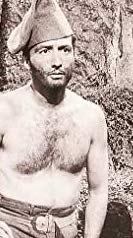
He was movie struck as a boy in Oklahoma and went to California to be discovered. When John Agar was in the tank, Clarke got the nod, it seems.
‘Memento Mori’ (2018) by Ruth Downie
Good Reads meta-data is 432 pages, rated 4.2 by 430 litizens.
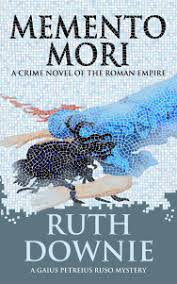
Verdict: All hail.
Gaius Petreuis Ruso, Roman legionnaire retired, and his wife Tilla, tribal Britain, are at it again. No, not that. They uproot themselves from the farm in the North of Britain, where Ruso is trying to fit in with the Britains, though he draws the line at tree hugging and singing to carrots, when his old army buddy sends for help. Ruso is only too glad to have an excuse to leave the farm.
Tilla, as usual surprises him, by declaring that she will go along, too, with their infant daughter, nursemaid, hapless slave Eisco, and the exhausted messenger Albanus. This troupe sets off down river, over hill, pass dale, and through mud, through more mud — this is after all England — to arrive at Bath, well it must be but it is not named in the book. Instead of the heroic mercy dash Ruso had imagined, it is a slow plod.
Someone has murdered Serena, buddy Valens’s estranged wife, and he is about to be tried for the crime. He says he is innocent, but Valens has had so little experience in the telling the truth that Ruso is not quite sure whether to believe him. Serena’s father demands justice, and he has lots of large friends who also once served in the legions to back up his call. By the time Ruso and company arrive, Valens is pretty well convicted.
But Ruso never knows when to quit and he asks questions to find that the local priests at the baths squirm this way and that. A trial they do not want. Too public. Too open. But why are they so worried? What are they hiding? How can they hide anything when bathing?
As usual those who know do not say, and those who do not know will not shut up. Sounds like a committee of PhDs at it.
Ruso stumbles around irritating everyone, and exhausting himself. Tilla adds her efforts with little success. There is a large cast of red herrings for each of them to consider. During the consideration we learn a lot about life in Roman Britain, and how holy baths work, including some water engineering. Too bad the British lost the knowledge of bathing when the Romans left.
This is the eighth title in the series and it maintains the standard of excellence. Ruso is so ordinary and Tilla tries so hard. Together they are charming and refreshing compared to the leads in many historical krimis.
‘Salyut 7’ (2017)
IMDb meta-data is runtime 1 hour and 51 minutes, rated 7.2 by 5708 cinematizens.
Genre: Docudrama.

Verdict: Wow!
During the Cold War in 1985 with Ronald Reagan in the White House and Mikhail Gorbachev in the Kremlin, the Soviet space station Salyut 7 (S7) went haywire. During a period when it was unoccupied, S7 lost flight integrity and began to spin on all three axes in a way that threatened a crash on earth. There was no way to control it from the ground.
Time to send in the flyboys. Their mission is to fix it or destroy it. A crash would be terrible but even worse would be a capture of the space station by the irritating and tiresome Americans. If they used a space shuttle with a Canadarm to grab the station, then they would have all the latest Red technology on board, coffee cups, screw drivers, burned out oxygen canisters, pinup pics of Comrade of the month, and so on.
There are the complications, of course. One of the flyboys was grounded but the engineer chosen for the assignment wants him back. Why, we never find out. That he was grounded is the start of the film, and let’s just say it reminded me of something John Glenn once said, and wisely never repeated. But it means that this flyboy is not high on the short list of those trusted. The Ground Control commissar (Cap Con in NASA-speak) has to fend off military and political pressures which mount up.
The two have a deadline to meet, which was set both by the erratic orbit of S7 and the American salvage hunt. To add spice, each has a crisis of sorts in his personal life. Whew, what a lot of competing story lines.
Off they go!

This is one of the arresting visuals as the rocket ship pierces the clouds and leaves earth.
It is the usual management squeeze: they are told to use their initiative but to obey orders. They are told to use their own judgement but wait for directions from Cap-Con. The McKinsey management manual has a Russian edition.
Anyone crazy enough to go on this mission has to be crazy enough to see it through and they do, not always obeying orders and not always waiting for instructions. They see the job and do it.
Nits to pick there are a few. If the Red Tech is so hot how come earlier they let that French astronaut on board and then let him go to work for the Americans. Hasn’t he already told all. Most Frenchmen do. This Frenchie is mentioned early on and then forgotten, though not by this correspondent.
The international irresponsible media makes much of the problem, but all examples of this perfidy we see come from beyond the Soviet sphere. Inside Russia no one knows what is going on or so it seems.
Wow! The special effects are very special. According to the film publicity about twenty minute of screen time came from S7 in space. Fabulous. Another forty minutes came from cosmonaut training. Verisimilitude is high. The travelling mattes for the space photography are glorious. Far too few space film have anything of the grandeur and emptiness of space in them, but this one does.
The gorgeous photography brought to mind ‘Gravity’ (2013) but this film had a story, whereas ‘Gravity’ had only Sandra Bullock taking her clothes off, repeatedly. The fraternity brothers rated is 6 out of 5. (That’s their idea of wit.)
The exploits of the cosmonauts are there, but played in a low key, and the better for it. The emphasis is always on doing the job, and how hard it is with all those laws of physics. This is what has to be done. Do it.
I also like the distribution of heroism between the two flyboys and the Cap-Con on the ground. They each had a role in making it happen. And nothing is soft-soaped.
What is not to like is the role of women. The only woman in action we see is there to be rescued from herself in the opening. Thereafter the only women we see are the wives, who are treated condescendingly by everyone. There is an MD at Ground Control who is constantly ignored and patronised. No doubt realistic, but rankling all the same. Marie Windsor would not have put up with that. See the discussion of ‘Cat-Women of the Moon’ (1953) elsewhere on this blog for edification.
I expect the film is no more realistic than ‘Apollo 13’ but it is great entertainment. But with all those competing storylines something had to give, and some of the elements are lost in the shuffle. It should have been cut to 90 minutes as the laws of physics demand. In this case, the physics of me sitting still and reading subtitles.
17 November for time travellers.
1558 Elizabeth became queen of England at twenty-five and so began the Elizabethan Age.
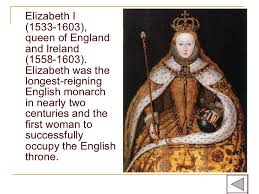
1869 The Suez Canal opened to shipping traffic. A Pharaonic canal once existed but was lost due to neglect. This canal began in 1854 employing 2.5 million workers, of whom 125,000 died on the job! That is from Wikipedia. Today 14% world trade passes through it, mainly to the states of the Persian Gulf.
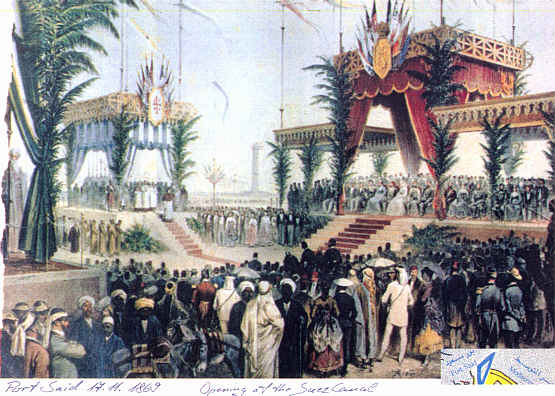
1875 Occult spiritualist Mme Helena Blavatsky founded the American Theosophical Society. Let the table rapping begin! Spiritualism with spectres, table raps, séances, and more became a trope in the popular culture. The harvest of dead in the Great War gave it re-newed impetus.
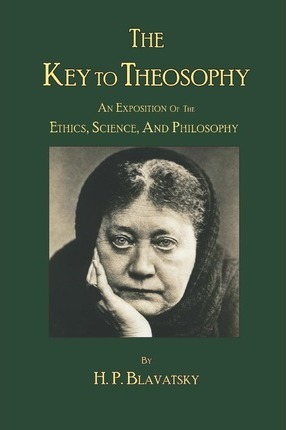
1913 The first ship passed through the Panama Canal from the Atlantic to Pacific Ocean. It was an enormous strategic asset to the United States for three generations. I read McCullough’s book years ago and found it excellent.
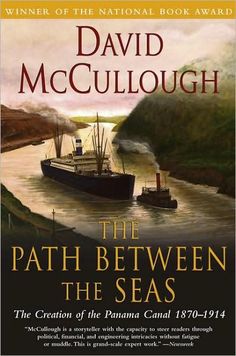
1970 Douglas Engelbart patented the first computer mouse. It was ridiculed and disparaged by the experts. Behold below Mouse Number One.

16 November’s pasts.
534 Justinian declared his code of laws. It codified and simplified Roman law as it stood at the time for the Eastern Empire at Constantinople. Been there and see some of his works.
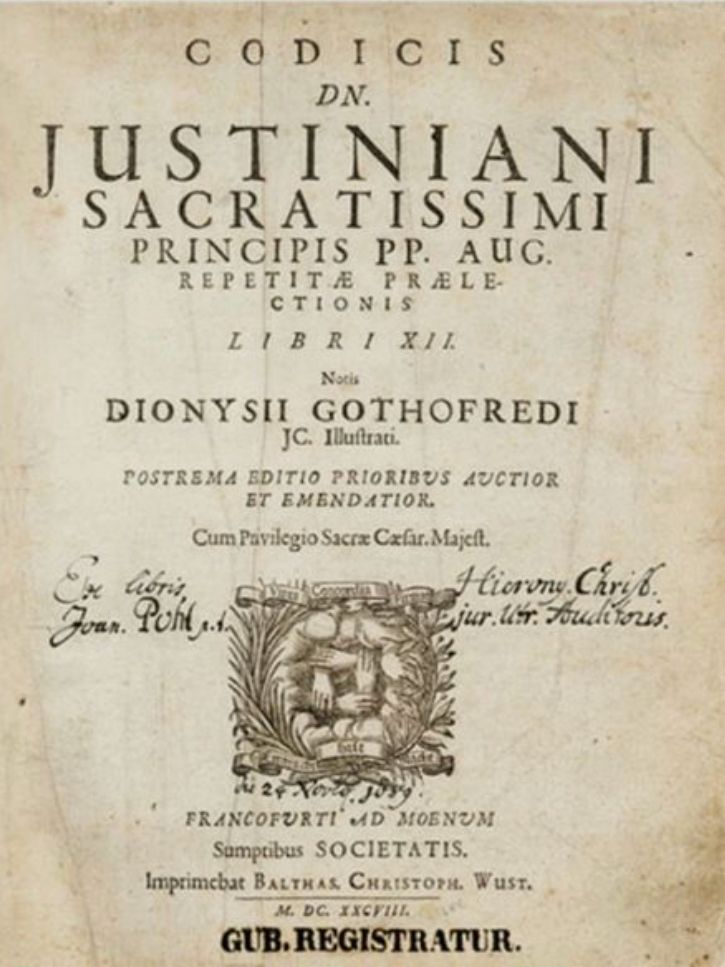
1821 William Becknell reached Santa Fe on the route that became known as the Santa Fe Trail. Kate’s mother grew up in New Mexico.
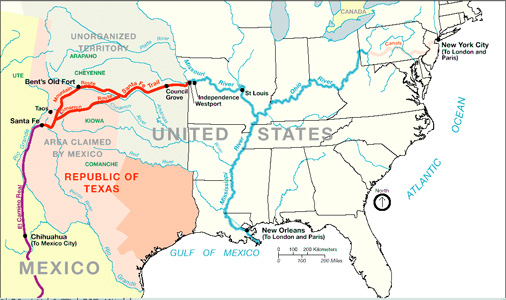
1913 Marcel Proust published ‘Swann’s way,’ the first volume of ‘Á recherche du Temps perdue.’ Read most of it.
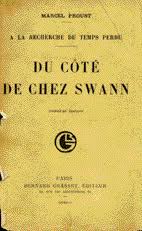
1945 UNESCO founded in Geneva. It has done many good works.

1989 South African government of F. W. de Klerk rescinded the Separate Amenities Act, the first step in dismantling apartheid.

15 November
1791 At Rose Hill in NSW grape vines were planted which survived and started Australian wine cultivation. The site is a race course now and the grapes have gone to the Hunter Valley.
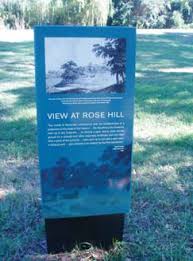
1881 American Federation of Labor was founded in Pittsburg uniting crafts unions for the first time. Samuel Gompers became its president and remained that for twenty years. We have a graduate of Samuel Gompers High School down the street.
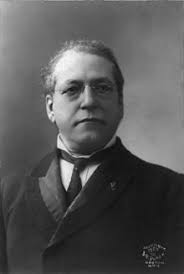
1904 King Gillette patented the Gillette razor blade. Royalty indeed. King was a family name which his parents bestowed on him as a first name. I never use anything else but Gillette.
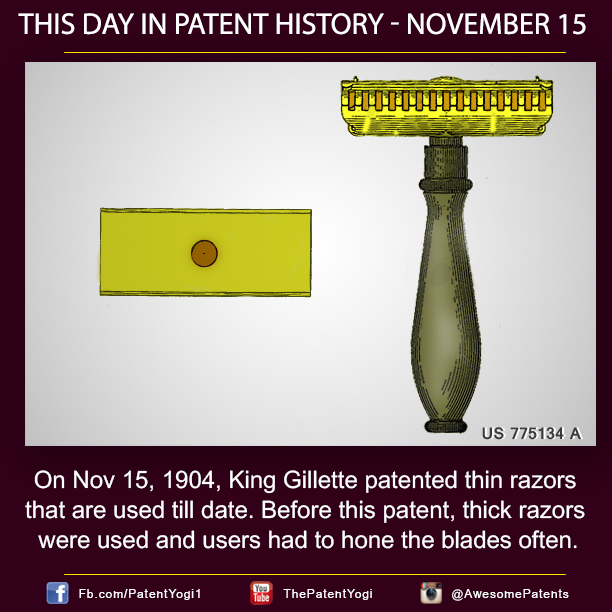
1920 Forty-one nations opened the first League of Nations session in Geneva. Below is the unofficial logo of the League.

1948 Canadian Prime Minister William Lyon Mackenzie King retired after 22 years in office. His anointed successor was Quebecois Louis St-Laurent. King was never without a dog as a familiar. He no doubt occulted his long dead mother, as he frequently did. I meant to type ‘consulted his mother’ but, well, ‘occulted’ fits. His peculiarities are discussed in other posts on this blog. Go for it!
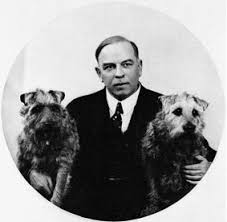
‘Night of Terror’ (1933)
IMDb meta-data is runtime of 1 hour and 5 minutes, rated 5.7 by 307 cinemitizens.
Genre: Horror, Mystery
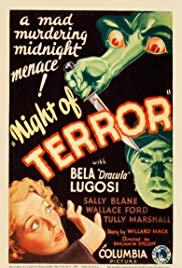
Verdict: Not enough Bela!
At the Rinehart estate, upstart Beau is a scientist who is about to experiment on himself by slowing his bodily processes to nearly nothing to be buried alive, and then dug up later. Nutso, right? Right! On the other hand think of the market for a drug that could do that. Before every McKinsey management training session with a twelve-year-old trainer the victims, the old salts, could deaden themselves to the nonsense and revive at the end. Hmm, sounds good, but back to the film at hand which does not sound so good.
Outside a Maniac is murdering so many people that the fraternity brothers ran out of fingers.
Meanwhile, the faithful servant Bela Lugosi peers around corners, creeps down hallways, probes into recesses. Is he the Maniac? No, we know he is not from the opening scene and that steals much thunder from the get-go.
Because they are wealthy and beautiful the Rineharts suppose they are safe. Just before being murdered they say ‘I’ll be all right.’ They aren’t. Did Hillary do it? Who insured their lives? Fired!
Yes, Maniac finds rich pickings in the Rinehart mansion on the Rinehart estate on Rinehart Drive in Rinehartville. Dad Rinehart is murdered and his will divides his fortune equally among the surviving relatives. That is not enough for any of them, and they fall to bickering, and cheer Maniac on when he murders again.
Bela continues to peer. His mystic wife goes into trances at the drop of a knife. Yet the proceedings are lugubrious. Then the comic cop shows up in the pre-code film where the police were often the comic distress. After the Hayes Code police had to be portrayed positively in works of fiction.
There are some fine players like Wallace Ford as the cynical newsman who injects energy, and Sally Blane, aka Loretta Young’s little sister. Even Beau is well played by George Meeker who is just too oily to be true.
Turns out Beau had a plan of his own, and it did not involve lying quietly waiting to be disinterred but how he managed to combine that with Maniac is anyone’s guess. The screenwriter did not even try to cover that. Bela was but a red herring. What a waste of this master of menace.
14 November
1732 First professional librarian in North America, Louis Timothee, was hired in Philadelphia at the Library Company which still exists. He was a multi-lingual protegé of Benjamin Franklin. Hmm, librarians.

1889 The American journalist, Nellie Bly (Elizabeth Cochrane Seaman), followed the footsteps of fictional character Phileas Fogg from Jules Verne’s Around the World in 80 Days. She started in Hoboken and came back 72 days later. She had made a career as an undercover journalist whose exposés of the conditions in a workhouse, an asylum, and a factory made her name. I have flown around the world a couple of times when those tickets were cheaper than point-to-point return tickets.
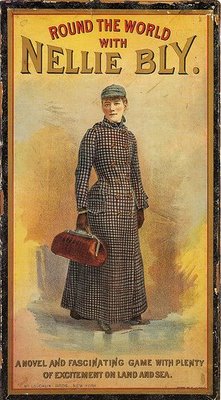
1922 The British Broadcasting Company (BBC) began the first daily radio broadcasts from Marconi House which I have walked by it in Aldwych a few times. Still listening to the BBC4.
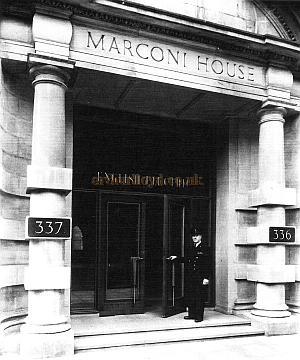
1971 NASA’s Mariner 9 entered Mars’ orbit after 167 days in space. This was the first craft to orbit Mars and returned 7329 images over the course of its mission. Confession time: I have small Mars globe on my desk which is partly based on the data from Mariner 9.
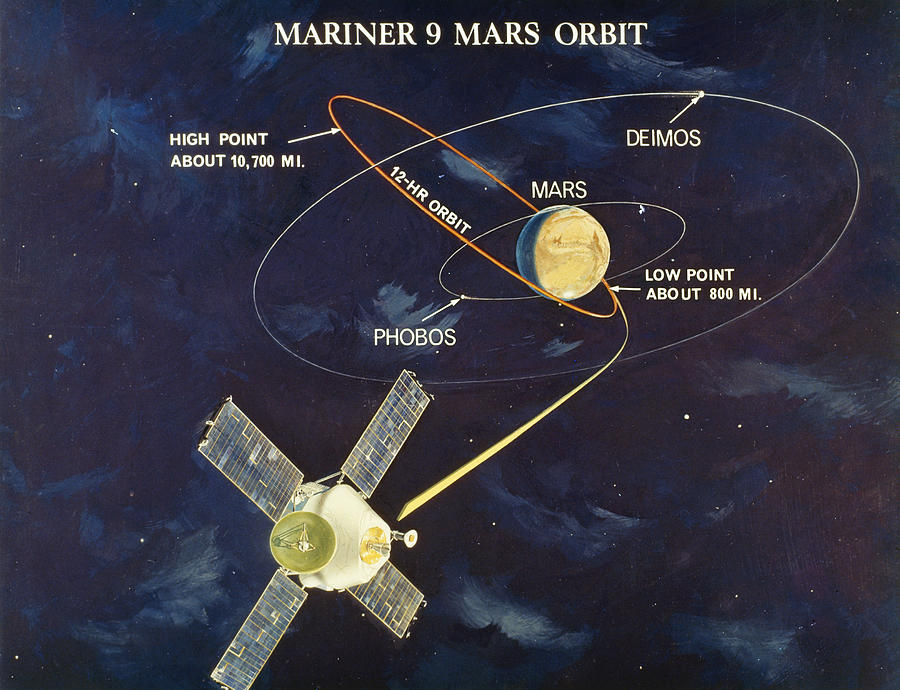
1994 The Eurostar passenger trains between London, Paris and Brussels was launched carrying passengers through the newly completed Channel Tunnel, the train reaches speeds of 186 MPH or 299 KPH. Ridden EuroStar a couple of times but not the one pictured below mysteriously abandoned in the Ardenne forest of Belgium.

‘Star Quest’ (aka ‘Terminal Voyage’) (1994)
IMDb meta-data is runtime 1 hour and 19 very l o n g minutes, rated at an inflated 4.4 by 238 relatives of the director.
Genre: Sy Fy and Bickering
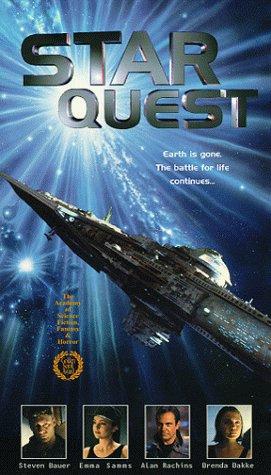
Verdict: It felt terminal.
In distant 2035 an international crew of bickering, backbiting, resentful slackers rides a spaceship to find a new home for the residents of the doomed planet Earth. These are the Bickersons and the fate of the species is in their hands. Game over.
What selection process picked this crew? Spin the bottle? Eenie, meanie, minnie, moe? Or were they the survivors of McKinsey management seminars? No, no one survives those.
The Bickersons awake from a cryogenic sleep – the scriptwriters best friend after the meteor shower — and find the low bid contractor struck again. The captain of the ship is a rotten corpse. Maybe he read the script and took the easy way out.
Thereafter others exit. First the 2-IC (that is, second in command for the pacifists) steps up to the plate. Briefly. Now that he is in the big chair his butt print (the fraternity brothers suggested that image) allows him access to super secret intel. He reads the script and…. Yes, he hung himself in a hallway. So far nothing has happened but the payroll had diminished. Every managers dream come true.
Then the only one who seems to be taking his lines seriously snuffs it while wearing a virtual reality hood to watch a peep show. Meanwhile, others are doing a variety of pharmaceuticals. The snarling Russian in the ranks smokes oxygen burning cigarettes. Sure. That would be a good idea. The fraternity brothers waited for her to don a space suit and light up!
This crew has been carefully selected from the world’s population and this is it! It looks like President Tiny’s inbred cabinet of dolts, droolers, and dopes.
Then there is the automaton who even in death is irritating. Androids can be like that. Even the severed head of the android has been done in ‘Spaceflight IC-1’ (1965) discussed elsewhere on this blog.
It is by the numbers. The dead captain was dramatic in ’Planet of the Apes’ in 1968. The virtual reality was done to death in Star Trek. The drugs have been everywhere. These people did not need a spaceship for such banalities. The mechanical man, a woman in this case, is another tired trope stitched in.
It is all interiors. We never even get a glimpse of the stellar void, or any sense that the space ship is going anywhere or that the Bickersons have any control over it, though we get far too many shots of its vast CGI bulk.
Most of the action is the crew arguing about who is in charge. That part did seem realistic because pointless bickering is on most agendas. They snipe at each other. Denounce one another’s national origins and dress sense. The usual. No need to go into space for any of this.
And they didn’t. The end.
The Italian Sy Fy of the 1970s at least had some energy. Not so here. The direction is leaden. The screen play has no redeeming merits. The set is a card table. Within those limits the actors try to work up some drama, well, some of them do, and others keep looking at their watches. Me, too.
The past of 13 November
1474 Near Belfort, a Swiss army without William Tell defeated a French effort to conquer Switzerland in the Burgundian War. The threat united the peoples of Alps as never before and they stayed that way.

1835 Texas proclaimed its independence from Mexico, and became an independent and sovereign state (until 1845) with Sam Houston as its first president. A biography of Houston is discussed elswhere on this blog.
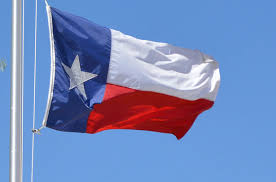
1895 First shipment of canned Dole pineapples from Hawaii. Still shipping. We have been to the original Dole plantation on Oahu, and another on Maui. Yum, yum.

1953 ‘Robin Hood’ was banned from Indiana state school libraries because it was communist. Oh, oh, watched it every Thursday evening about that time. Did not know he was Red Robin, thought that was a bird in the spring.

1981 The Canadarm, a robotic space arm (the first of five) was deployed on the Space Shuttle Columbia. They were used on more than 90 missions over 30 years. They originated in a Quebec engineering firm.

